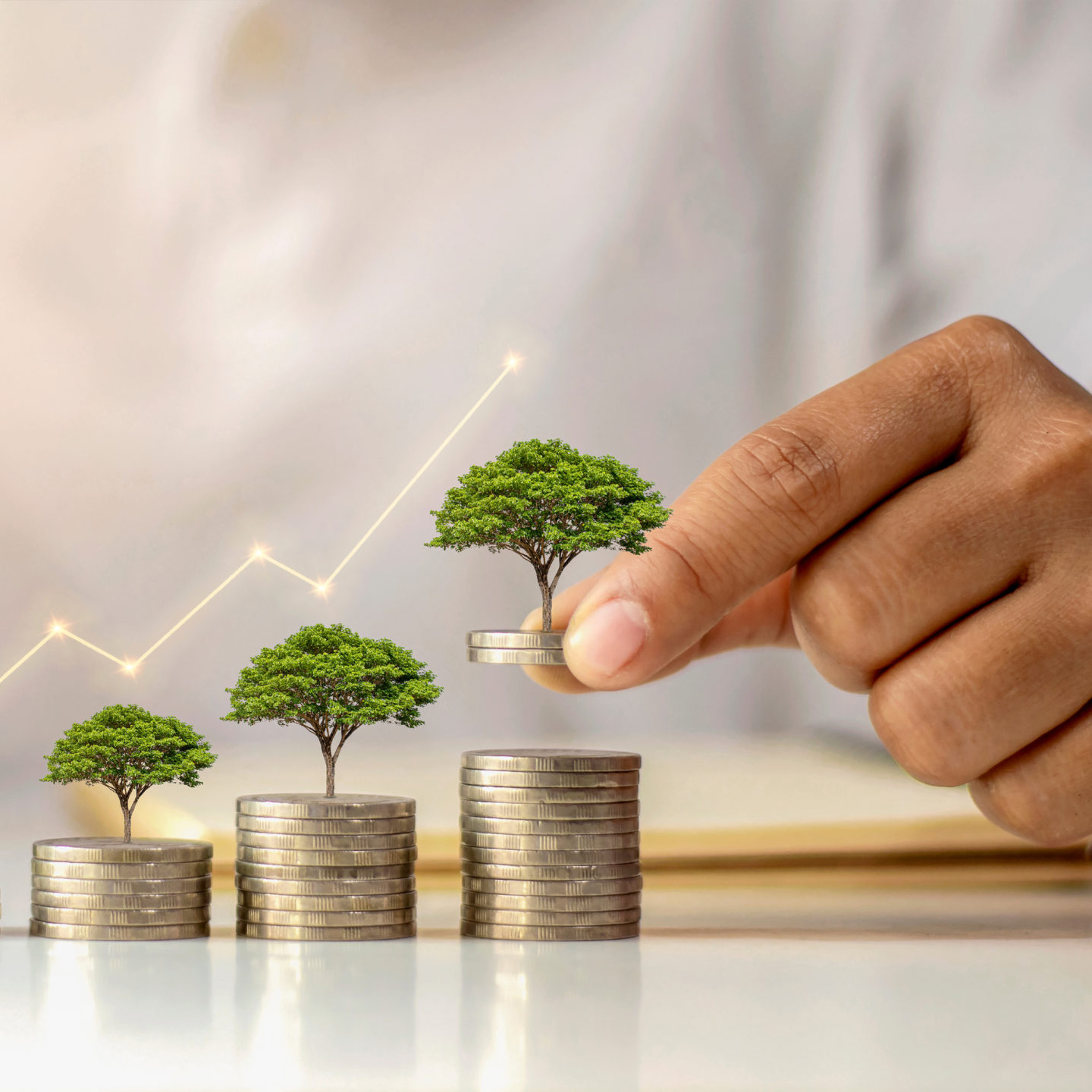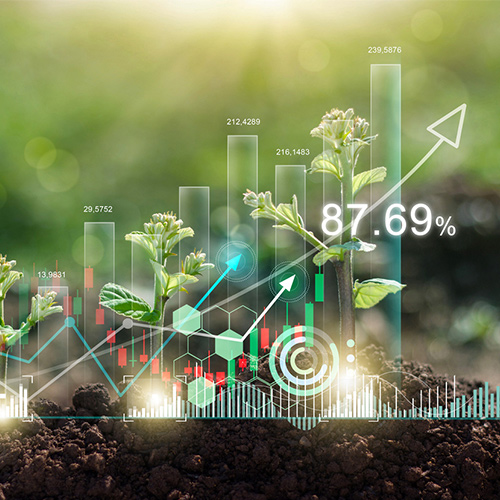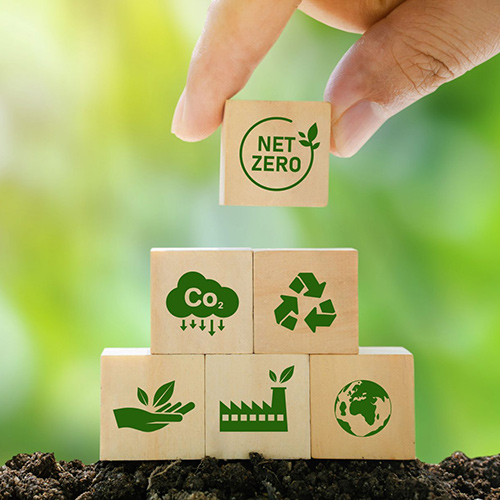Voluntary Carbon Market
Argali aims to be a reliable partner to help satisfy the growing demand for carbon credits
The current state of the Voluntary Carbon Market is marked by fragmentation, highlighting a pressing requirement for the emergence of credible, transparent, and dependable carbon credit providers to effectively address this demand.
We have a strong moral compass and social lens that will help not only impact Climate Change, but also develop and grow social programs and provide assistance in building new industries out of our carbon offset efforts.
The Opportunity is Real and Growing!
The Taskforce on Scaling Voluntary Carbon Markets (TSVCM), sponsored by the Institute of International Finance (IFF) with knowledge support from McKinsey, estimates that demand for carbon credits could increase by a factor of 15 or more by 2030 and by a factor of up to 100 by 2050. Overall, the market for carbon credits could be worth upward of $50 billion in 2030.
Voluntary Credit Market Business Case
The Paris Agreement on Climate Change is spurring a host of climate actions at every level of our society.
Corporations face increased government regulation around cap & trade programs and carbon emission. Meanwhile, investors and shareholders are becoming more demanding of corporations’ efforts in driving their respective businesses to net zero emissions.
As of 2018, more than $30 trillion in funds were held in sustainable or green investments in the five major markets tracked by the Global Sustainable Investment Alliance, a rise of 34 percent in just two years.
Almost 400 investors representing more than $35 trillion in assets under management (AUM) have signed the Climate Action 100+ initiative, which is committed to pressuring the largest corporate GHG emitters to “curb emissions, improve governance, and strengthen climate-related financial disclosures.”
At the UN Climate Summit, a group of the world’s largest investors, with more than $2 trillion in AUM, initiated the Net-Zero Asset Owner Alliance, committing themselves to reaching carbon-neutral portfolios by 2050.
Purchasing Credits
Purchasing carbon credits will be a key driver for companies to address their carbon emissions
SAP, Maersk, Novartis, Amazon, and 1000 other companies (only 500 in 2019) have joined voluntary actions, including the Climate Pledge, which aims to reduce corporate carbon footprint to net zero by 2040*
Companies will need to have:
- Proper measurement and reporting tools in place
- Self-generated or purchased carbon credits to reduce their own emissions
McKinsey estimates that annual global demand for carbon credits could reach up to 1.5 – 2.0 gigatons of carbon dioxide (gtCO2) by 2030 and up to 7 – 13 gtCO2 by 2050

* Theclimatepledge.com

Strong demand for carbon credits requires robust voluntary carbon market

Voluntary carbon credits serve as a direct conduit for private financing towards climate action projects that often face greater challenges in securing funding.

Carbon credit markets are fragmented, regionally constrained, low in volume and liquidity, and characterized by substantial pricing disparities across various credit types.
